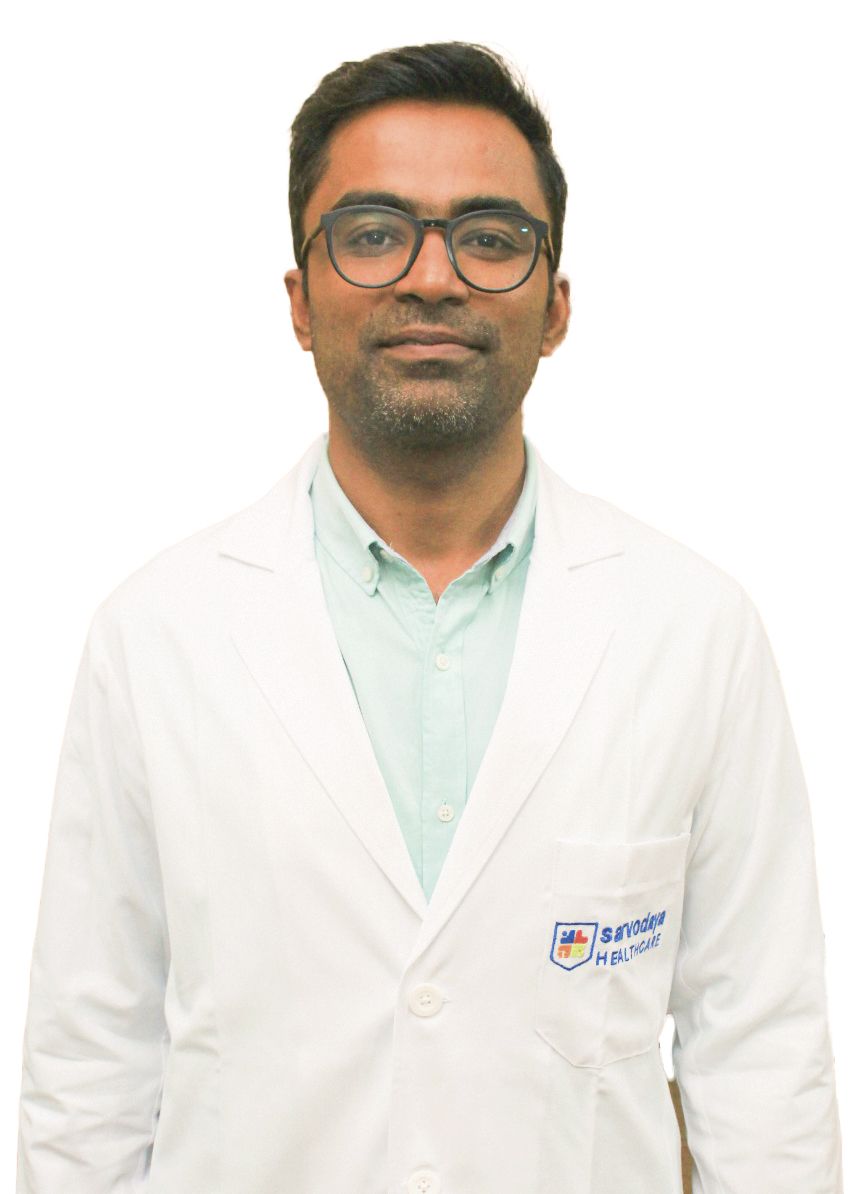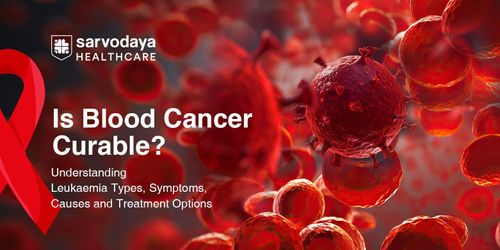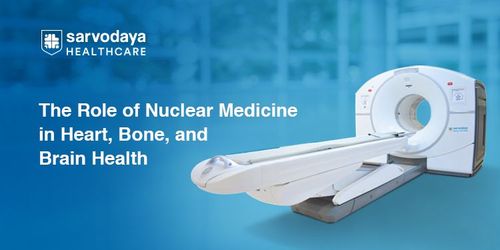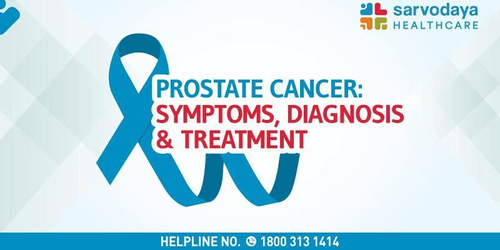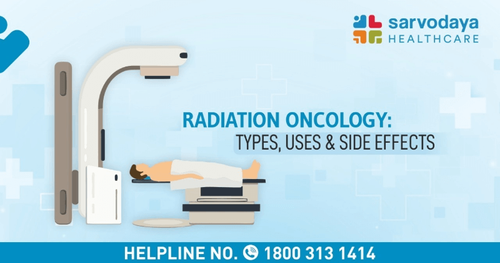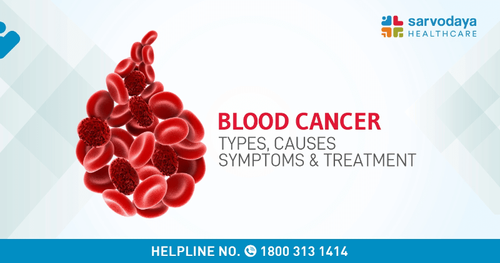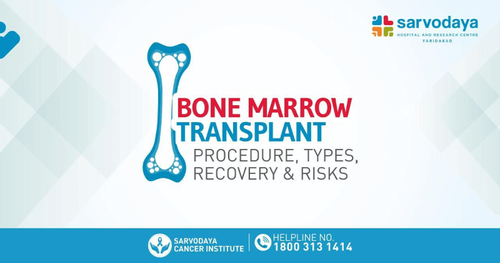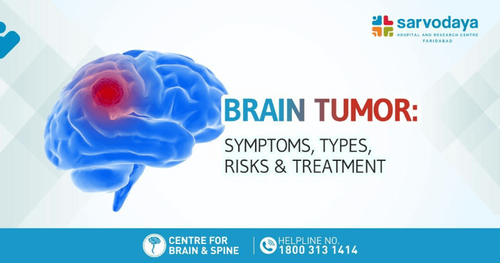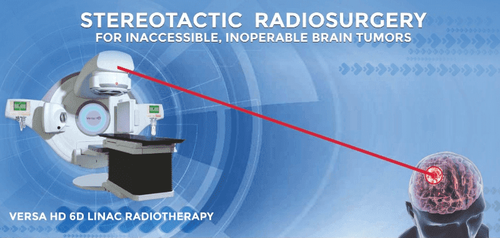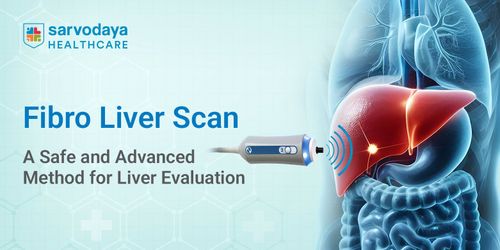Cancer involves a large group of conditions that occur due to abnormal division of cells and can sometimes spread to other tissues and organs, disrupting their functioning.
Due to its long-lasting impact and challenges, patients and their families go through several emotions that can be worrisome. And the initial thought of a person post-diagnosis is fearful, mostly thinking that this is the end. However, nowadays, advanced and high-end treatment in cancer has enabled doctors to deliver the best cancer treatment.
With the advancement in the field of Oncology and related technology, there are many different treatments available for treating cancer. But sometimes surgery is the only treatment option left. In this blog, we are going to talk about the surgical treatment of cancer and the types of surgeries involved.
What Is Surgical Oncology?
Surgical oncology is a type of cancer treatment focused on the use of surgery to diagnose, stage and treat cancer.
The goal of surgical oncology is to remove tumours or cancerous cells as much as possible without damaging surrounding organs and tissues so that they function normally. And for such precision-based surgery, the services of a qualified and highly experienced surgeon are required. In other circumstances, less intrusive methods like endoscopy or laparoscopy may also be used. No matter what approach is taken, we ensure the best cancer treatment possible for patients.
Some of the factors taken into consideration before a surgical procedure include:
- Age of the patient
- Type of cancer
- Stage of cancer
- Location in the body
- Size of the tumour
- Health condition of the patient
- Coexisting medical condition
Who Is A Surgical Oncologist?
A surgical oncologist is a surgeon who is well-trained and qualified for detecting, staging, identifying and treating cancer. In some cases, surgical oncologists may also undertake prophylactic surgery to remove the part of the body in an attempt to prevent the further development of cancer. Biopsies and surgery to remove cancer are the most common procedures done by surgical oncologists.
Aside From That, A Surgical Oncologist Can Perform Or Advise The Following Treatments And Surgeries:
- Surgery to determine the extent of cancer spread in the body
- Preventive Surgery
- Chemotherapy
- Radiation Treatment
Post-surgery, a patient may need to consult a surgical oncologist to discuss the post-surgical diagnosis and check on the healing of the incision.
Types Of Surgeries Under Surgical Oncology
Cancer requires different types of surgeries that are sometimes combined with other treatments. Some of the types of cancer surgeries include:
- Curative surgery - It is performed to remove the cancerous tumour or its growth from the body if it is localized to a specific area.
- Preventive surgery - It is performed to remove the tissue that doesn’t have cancerous cells but might develop into a malignant tumour.
- Diagnostic surgery - It helps in determining whether the cells are cancerous or not. The diagnostic surgery is done to remove a tissue sample for testing and confirming the diagnosis, identifying the type of cancer and determining its stage.
- Palliative surgery - It is done to treat cancer at advanced stages. It relieves discomfort or other problems associated with cancer treatment.
- Restorative surgery - It is done as a follow-up to other surgeries to restore a person’s appearance or body function. For instance, restoration surgery for head and neck cancer is done to restore the appearance of a person post-treatment.
Cancer Surgeries Based on Different Medical Conditions
Different types of cancer require different treatment approaches. Our surgical oncologists work closely with other members of our oncology team, including medical oncologists, radiation oncologists, and pathologists. Together, we develop personalized treatment plans for each patient. Some of the surgeries for different medical conditions include:
Breast Cancer Surgery: This can involve a lumpectomy (removal of the tumour and a small amount of surrounding tissue) or a mastectomy (removal of the entire breast).
Colorectal Cancer Surgery: This can involve removing a part or all of the colon or rectum.
Gastrointestinal Cancer Surgery: This can involve removing a part of the entire stomach, intestine, or other digestive organs.
Gynecologic Cancer Surgery: This can involve removing a part of the entire reproductive organs, such as the ovaries, fallopian tubes, uterus, or cervix.
Head and Neck Cancer Surgery: This can involve removing a part of the entire mouth, throat, larynx, nose, sinuses, or salivary glands.
Lung Cancer Surgery: This can involve removing a part of the entire lung.
Conclusion
Curing is caring. At Sarvodaya, we make sure to provide the best possible cancer treatment and complete care to our patients. If you are looking for a high-end and advanced treatment approach to cancer, Sarvodaya Cancer Institute is the right place for you. We provide surgical oncology treatment in Faridabad with the help of cutting-edge technology and a team of skilled surgical oncologists. Our surgical oncologists understand the patients' condition and ensure to deliver the best cancer treatment in India.



